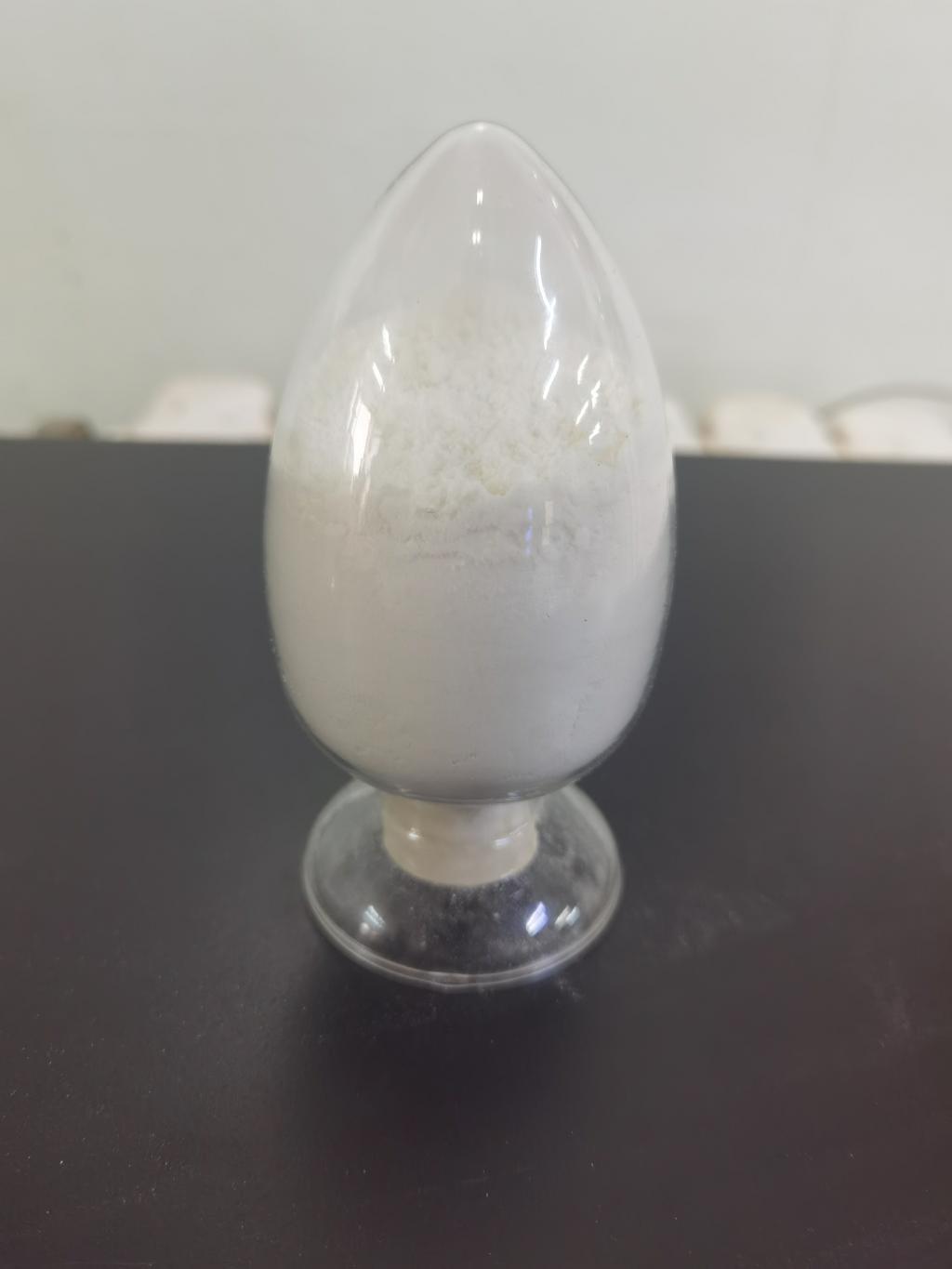Tel:+8618231198596

News
 CONTACT
CONTACT
 CONTACT
CONTACT
- Linkman:Linda Yao
- Tel: +8618231198596
- Email:linda.yao@dcpharma.cn
- Linkman:CHARLES.WANG
- Department:Overseas
- Tel: 0086 0311-85537378 0086 0311-85539701
News
ε-Polylysine Hydrochloride's Potential for Enhancing Food Resilience in Challenging Environments.
TIME:2023-10-30
Introduction
The global food landscape is undergoing a profound transformation, driven by a combination of factors that include population growth, climate change, and environmental degradation. As the demand for food continues to rise, the challenges associated with ensuring a resilient and secure food supply have never been more significant. ε-Polylysine hydrochloride, a naturally occurring antimicrobial agent, has emerged as a potential solution for enhancing food resilience in the face of these challenges.
This article delves into the environmental challenges affecting food production, the potential of ε-Polylysine hydrochloride as a resilient solution, its mode of action, and its versatile applications in safeguarding food security and safety. By exploring the role of ε-Polylysine hydrochloride in mitigating the effects of challenging environments, we can envision a more sustainable and resilient global food system.
Environmental Challenges in Food Production
2.1. Climate Change
Climate change is altering weather patterns, leading to increased temperature extremes, droughts, and irregular rainfall. These shifts can disrupt crop growth, affect livestock health, and lead to reduced agricultural yields.
2.2. Water Scarcity
Water scarcity is a pressing concern in many regions. Competition for water resources between agriculture and other sectors is intensifying, and inefficient irrigation practices contribute to this challenge.
2.3. Soil Degradation
Soil degradation, including erosion and loss of fertility, poses a threat to agricultural productivity. Unsustainable land management practices and urbanization exacerbate soil-related challenges.
2.4. Pests and Pathogens
Pests and pathogens can devastate crops and livestock, leading to food shortages and economic losses. Climate change can alter the distribution and behavior of these threats.
2.5. Food Waste
Food waste is a significant issue, with vast amounts of food being discarded at various stages of the supply chain. This contributes to resource inefficiency and food security concerns.
ε-Polylysine Hydrochloride: A Resilient Solution
3.1. Production and Origin
ε-Polylysine hydrochloride is a natural antimicrobial compound produced by certain strains of soil bacteria, including Streptomyces albulus. It is composed of a chain of lysine amino acids, making it an environmentally friendly option for food preservation.
3.2. Mode of Action
The antimicrobial activity of ε-Polylysine hydrochloride is based on its ability to disrupt bacterial cell membranes. It interacts with negatively charged cell membrane components, leading to membrane permeabilization, leakage of cellular contents, and bacterial cell death. This mode of action is effective against a broad spectrum of bacteria, making it a valuable tool for food preservation.
Applications in Challenging Environments
4.1. Resilience to Temperature Extremes
ε-Polylysine hydrochloride can help protect food products from temperature extremes during storage and transportation. This is particularly valuable in regions with unpredictable climate patterns and temperature fluctuations.
4.2. Drought-Resistant Crops
Incorporating ε-Polylysine hydrochloride into agricultural practices can contribute to drought resistance in crops. It helps mitigate the stress caused by water scarcity and enhances crop yields in challenging environments.
4.3. Soil Restoration
ε-Polylysine hydrochloride's antimicrobial properties can be harnessed to promote soil health and prevent soil degradation. By controlling soil-borne pathogens and promoting beneficial microorganisms, it contributes to sustainable land management.
4.4. Pest and Pathogen Control
As a natural antimicrobial agent, ε-Polylysine hydrochloride can be used to control pests and pathogens in agriculture. It helps reduce the need for chemical pesticides and fosters more environmentally friendly pest management.
4.5. Reduced Food Waste
The use of ε-Polylysine hydrochloride in food preservation can extend the shelf life of products, reducing food waste. This is crucial in regions where food resources are scarce and must be conserved.
Implications for Food Security and Safety
5.1. Enhanced Food Security
The adoption of ε-Polylysine hydrochloride can enhance food security by increasing the resilience of food production systems to environmental challenges. It safeguards crops, livestock, and processed food products from spoilage and contamination, ensuring a more stable food supply.
5.2. Safer Food Products
By controlling microbial growth, ε-Polylysine hydrochloride helps ensure the safety of food products. It reduces the risk of foodborne illnesses and supports food safety in challenging environments.
5.3. Resource Efficiency
The use of ε-Polylysine hydrochloride contributes to resource efficiency by reducing the need for chemical additives and pesticides. This aligns with sustainable and environmentally responsible food production practices.
Conclusion
The world is facing unprecedented environmental challenges that have profound implications for food production and security. Climate change, water scarcity, soil degradation, pests, and pathogens are among the formidable obstacles that the agricultural sector must confront.
In this context, ε-Polylysine hydrochloride has emerged as a resilient solution for enhancing food production's capacity to weather these challenges. Its natural origin, mode of action, and versatility make it a valuable tool for preserving food quality and safety, mitigating environmental threats, and promoting food security in challenging environments.
By harnessing the potential of ε-Polylysine hydrochloride, we can work toward a more sustainable and resilient global food system, ensuring that food remains accessible, safe, and abundant even in the face of a changing and challenging environment.
- Tel:+8618231198596
- Whatsapp:18231198596
- Chat With Skype







